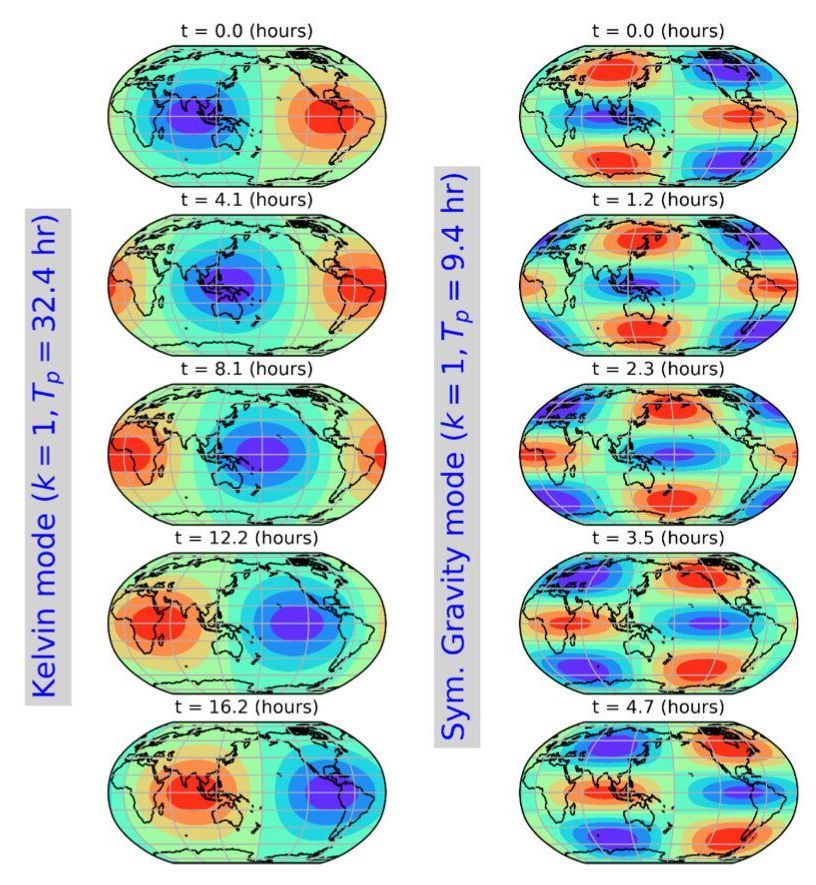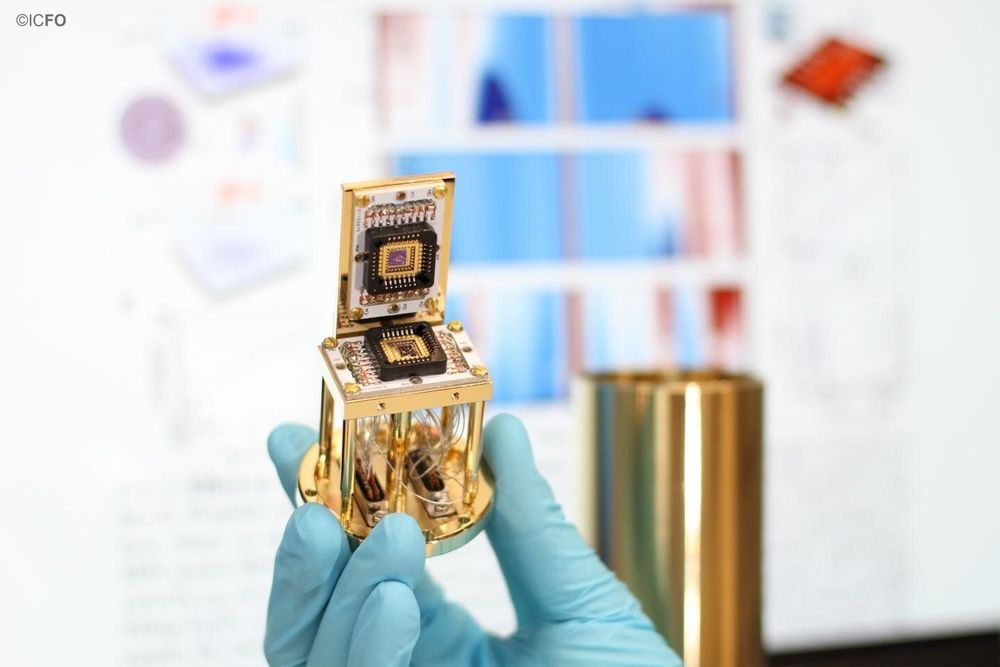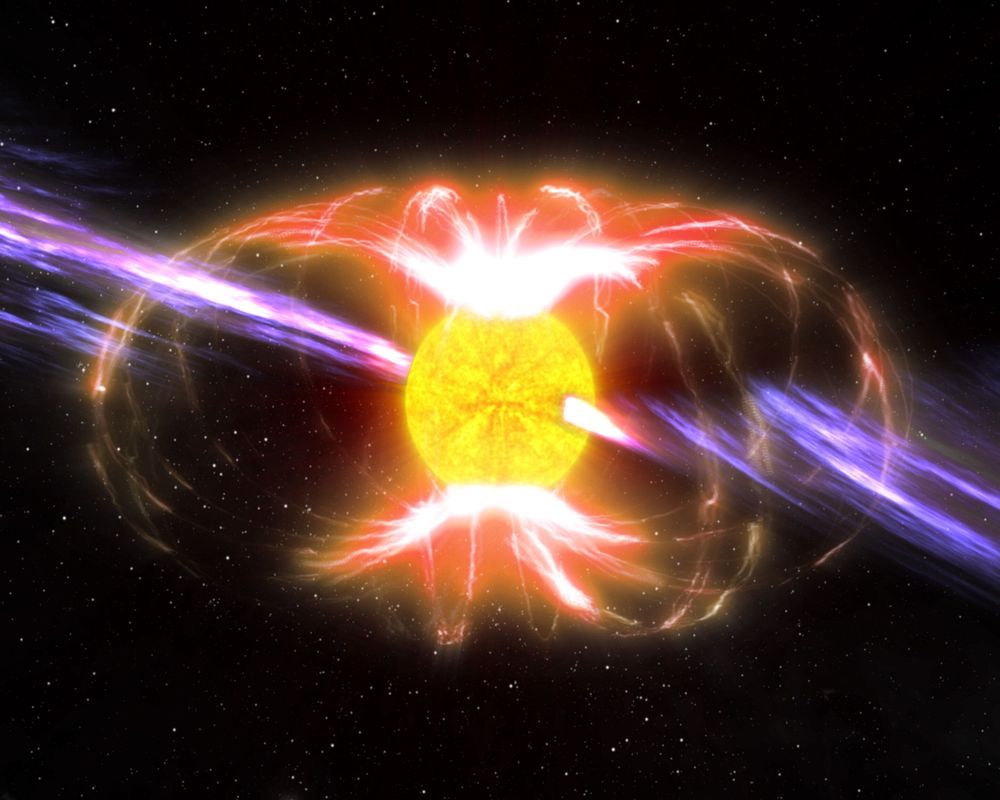In a breakthrough for physics and engineering, researchers from the Photonics Initiative at the Advanced Science Research Center at The Graduate Center, CUNY (CUNY ASRC) and from Georgia Tech have presented the first demonstration of topological order based on time modulations. This advancement allows the researchers to propagate sound waves along the boundaries of topological metamaterials without the risk of waves traveling backwards or being thwarted by material defects.
The new findings, which appear in the journal Science Advances, will pave the way for cheaper, lighter devices that use less battery power, and which can function in harsh or hazardous environments. Andrea Alù, founding director of the CUNY ASRC Photonics Initiative and Professor of Physics at The Graduate Center, CUNY, and postdoctoral research associate Xiang Ni were authors on the paper, together with Amir Ardabi and Michael Leamy from Georgia Tech.
The field of topology examines properties of an object that are not affected by continuous deformations. In a topological insulator, electrical currents can flow along the object’s boundaries, and this flow is resistant to being interrupted by the object’s imperfections. Recent progress in the field of metamaterials has extended these features to control the propagation of sound and light following similar principles.





